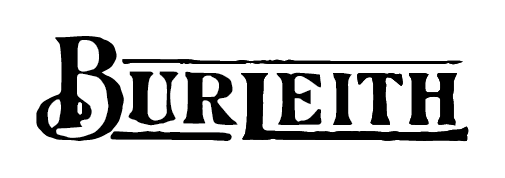Love Thy Neighbor, Love Thy Pet
/“It is a jungle in the house. They jump around and yowl all night, and we are getting no sleep.” This complaint by T Street residents kept awake by their neighbor’s nine cats appeared in a Washington Evening Star article on March 2, 1951. While this was a noise disturbance more than six decades ago and the cat owner received a harsh warning from the authorities, the law has only become more stringent.
This is serious. An animal owner may receive a fine of up to $300 dollars or imprisonment if the police cite repeated violations. Residents with pets must abide by the law. Landlords will be considered accomplices to a crime if they have knowledge that their pet-owning tenants are breaking the law.
Work Projects Administration Poster Collection , Library of Congress, 1939.
Dogs barking or cats yowling inside a house or in the front or backyards for more than an hour are considered disturbing the peace. Pet feces in the front or back yards of the owner’s home are considered a health hazard and attract rats as rats live on dog turds. The Department of Public Works will fine the owner and can be reached by calling 311. No animal may step on or relieve itself on the property of neighbors or on public property.
Complaining neighbors need to communicate verbally and in writing with the resident pet owners and with the landlords of tenant pet owners as soon as a disturbance occurs. The police can be contacted by calling 911, and they encourage repeated calls about violations showing the consistent negligence of a pet owner.
The District of Columbia Municipal Regulations Title 24, Chapter 9, on Animal Control lists these criminal acts:
- No person shall own or keep a dog that by barking or in any other manner disturbs the quiet of any neighborhood or person.
- No person shall own or keep a dog that by barking or in any other manner disturbs the quiet of any neighborhood or person.
- No dog shall be allowed to go at large without a collar or tag, as prescribed by law.
- No person owning, keeping, or having custody of a dog in the District shall permit the dog to be on any public space in the District, unless the dog is firmly secured by a substantial leash. The leash shall be held by a person capable of managing the dog.
- The length of the leash required under 900.3 shall not exceed four feet.
- No person owning, keeping, or having custody of a dog in the District shall permit the dog to go on private property without the consent of the owner or occupant of the property.
- No person owning, keeping, or having custody of a dog in the District shall permit the dog to be confined in any yard or other enclosure, or on any private property, or in any automobile or other vehicle in a manner that allows the dog to bark, bite or menace persons lawfully using any public street, highway, or public space.
- No person owning, keeping, or having custody of a dog except a seeing eye dog, shall allow or permit the dog to defecate or urinate on public parking or any sidewalk or in any area and each such person shall immediately remove dog excrement from any curb, gutter, alley, or street.
- No person owning, keeping, or having custody of a dog except a seeing eye dog, shall permit the dog’s excrement to remain on private property without the consent of the owner or occupant of the property.
- Any person violating any provision of the regulations shall be punished by a fine of not more than three hundred dollars or by imprisonment.
Love your pet AND your neighborhood!

